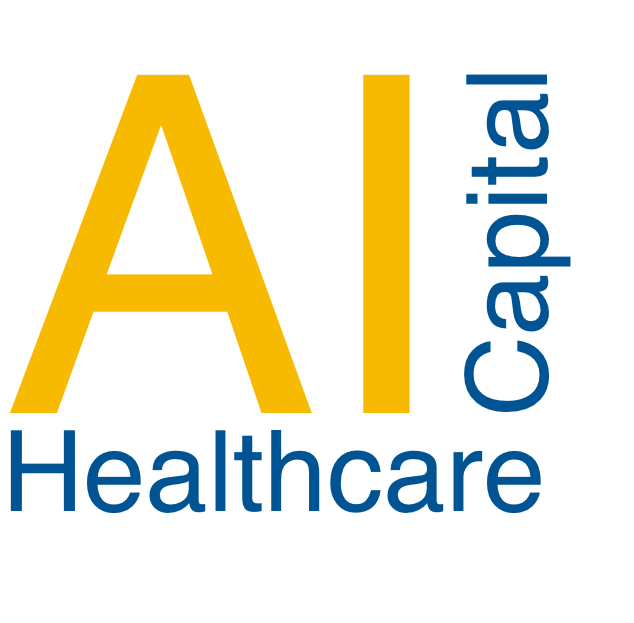by Ewelina Woloszyn, August 17, 2024
“Save one life, you’re a hero. Save 100 lives, you’re a nurse.” — Unknown
Nursing is an essential profession that plays a vital role in healthcare delivery. Nurses are at the forefront of patient care, working tirelessly to ensure the well-being and recovery of individuals in need. However, the demanding nature of their work often leads to heavy workloads, high stress levels, and potential burnout. To alleviate these challenges, the healthcare industry is turning to artificial intelligence (AI) solutions to reimagine nurse workload and improve the overall quality of care. In this blog post, we will explore how AI is revolutionizing the nursing profession and discuss the potential benefits and considerations associated with its implementation.
Enhancing Patient Monitoring and Early Detection:
One of the significant contributions of AI in nursing is the development of smart monitoring systems. These systems utilize sensors, wearable devices, and AI algorithms to continuously monitor patients’ vital signs, detect abnormalities, and alert healthcare providers when intervention is necessary. This technology reduces the need for frequent manual check-ups and allows nurses to prioritize their time and attention to patients who require immediate care. By automating routine monitoring tasks, AI solutions not only enhance patient safety but also free up nurses to focus on more complex aspects of their role, such as critical thinking and decision-making.
Streamlining Administrative Tasks:
Administrative tasks consume a significant portion of a nurse’s time, taking away valuable moments that could be spent on direct patient care. AI-powered solutions can automate many administrative tasks, including appointment scheduling, patient data entry, and documentation. Natural Language Processing (NLP) algorithms enable these systems to extract relevant information from medical records and create concise summaries, saving nurses from repetitive and time-consuming tasks. By streamlining administrative processes, AI solutions enable nurses to allocate their time more effectively, leading to improved productivity and better patient outcomes.
Assisting in Diagnosis and Treatment Planning:
AI solutions have demonstrated their potential to assist in diagnosis and treatment planning, providing nurses with valuable insights and support. Machine learning algorithms can analyze vast amounts of patient data, identify patterns, and generate predictions to aid in the early detection of diseases or treatment complications. By leveraging AI-powered clinical decision support systems, nurses can access evidence-based recommendations and personalized treatment options, enabling them to make more informed decisions in a timely manner. This collaboration between nurses and AI technologies creates a powerful synergy, leading to more accurate diagnoses, optimized treatment plans, and ultimately, improved patient outcomes.
Ensuring Ethical and Responsible Implementation:
While AI solutions offer tremendous potential to reimagine nurse workload, it is crucial to address ethical considerations and ensure responsible implementation. Nurses should play an active role in the development and deployment of AI technologies, as their expertise and perspectives are invaluable in shaping solutions that align with patient-centered care. Moreover, healthcare organizations must prioritize patient privacy and data security when implementing AI systems. Robust data governance frameworks, transparent algorithms, and stringent regulatory compliance are essential to build trust and safeguard sensitive patient information.
The integration of AI solutions in nursing practice has the power to transform healthcare delivery by reimagining nurse workload. Through smart patient monitoring, automation of administrative tasks, and assistance in diagnosis and treatment planning, AI technologies can alleviate the burden on nurses and enhance the overall quality of care. However, it is crucial to approach AI implementation ethically and responsibly, ensuring that nurses are active participants in shaping AI solutions and maintaining patient privacy and data security. By embracing AI’s potential, we can unlock a future where nurses can focus more on delivering compassionate care and making a positive impact on patients’ lives.





